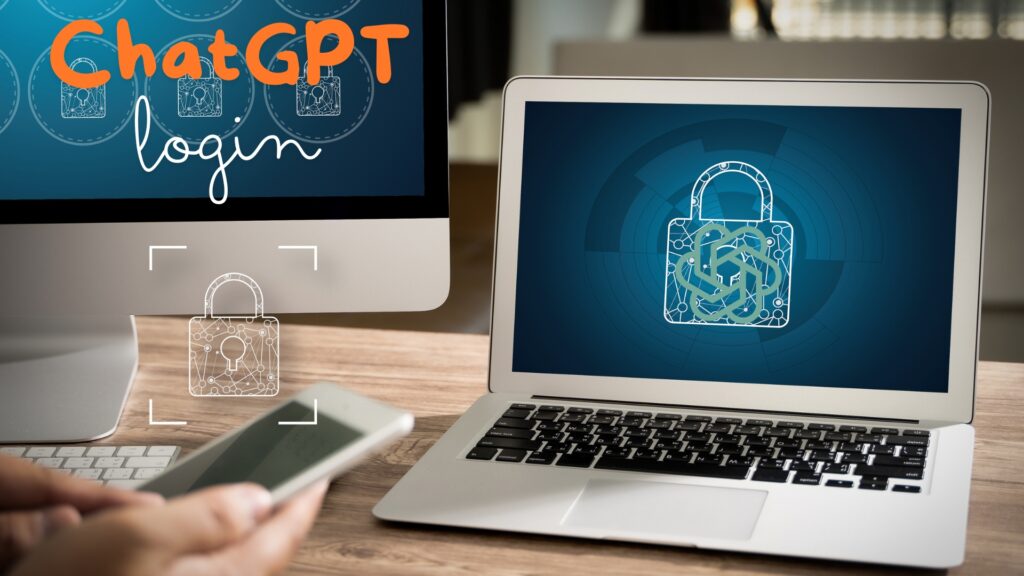In the rapidly evolving landscape of artificial intelligence (AI), OpenAI’s ChatGPT stands out as a transformative technology that has captivated the interest of tech enthusiasts, businesses, and casual users alike. As more people seek to interact with this advanced AI model, understanding the process and implications of the ChatGPT login system becomes increasingly important. This article explores the functionality, security measures, user experience, and broader implications of logging into ChatGPT.
Understanding ChatGPT
Before delving into the specifics of the ChatGPT login, it’s crucial to understand what ChatGPT is and why it requires a login. ChatGPT is a variant of the GPT (Generative Pre-trained Transformer) models developed by OpenAI, designed to generate human-like text based on the input it receives. It can assist with a range of tasks, from answering questions to generating content, making it a valuable tool for various applications.
Why Login?
Logging into ChatGPT serves multiple purposes:
- Personalization: By logging in, users can receive a more tailored experience. ChatGPT can remember past interactions and customize responses based on user preferences and history.
- Security: Login systems help protect user data and limit access to authorized users only.
- Feature Access: Registered users often gain access to additional features, such as the ability to fine-tune models or access enhanced capabilities.
The Login Process
The ChatGPT login process is straightforward, reflecting OpenAI’s commitment to user-friendly design:
- Visit the OpenAI Website: Users start by navigating to the OpenAI website or the specific platform hosting ChatGPT.
- Authentication: Users can typically log in using their email address or through third-party authentication services such as Google or GitHub.
- Verification: A verification step may be involved, especially for new users, to ensure the security of the account.
- Access: Once logged in, users can interact with ChatGPT, customize settings, and save their data and preferences.
Security Measures
Security is a top priority for any online service, and ChatGPT is no exception. OpenAI implements several robust security measures to protect user data and ensure a secure environment:
- Encryption: All data transmitted during the login process and interaction with ChatGPT is encrypted using industry-standard protocols.
- Regular Audits: OpenAI conducts regular security audits to identify and address potential vulnerabilities.
- Two-Factor Authentication (2FA): For added security, users can enable 2FA, which requires a second form of verification to access the account.
User Experience
OpenAI focuses on ensuring that the user experience with ChatGPT is smooth and engaging. This includes:
- Ease of Use: The login interface is designed to be intuitive and easy to navigate for users of all skill levels.
- Customization Options: Users can adjust settings to modify how ChatGPT interacts with them, enhancing the personalization of the service.
- Feedback Mechanisms: Users can provide feedback directly through the platform, which OpenAI uses to improve ChatGPT and the overall user experience.
Broader Implications
The requirement for users to log into ChatGPT also has broader implications:
- Data Privacy: With the global focus on data privacy, the way ChatGPT handles user data is of paramount importance. OpenAI is transparent about its use of data and complies with privacy regulations such as GDPR.
- Accessibility: Requiring a login might limit access to those who are less technologically adept or lack reliable internet access. This raises questions about the democratization of AI technology.
- Ethical Considerations: As AI becomes more integrated into daily life, ethical concerns such as bias in AI responses and the potential for misuse of AI tools become increasingly significant.
Future Directions
As AI technology continues to develop, the mechanisms for interacting with tools like ChatGPT will also evolve. Future advancements may include more sophisticated authentication methods, such as biometric verification, and even more personalized AI interactions based on extended user history and preferences.
Conclusion
The conclusion surrounding the ChatGPT login system emphasizes its crucial role in enhancing both security and user personalization, which is pivotal as artificial intelligence technologies like ChatGPT become increasingly integrated into our daily activities. The security measures, including strong encryption, consistent security audits, and optional two-factor authentication, are vital for protecting users’ data against unauthorized access and potential security threats. Simultaneously, these logins enable the AI to tailor interactions based on individual user preferences and historical interactions, making the experience more engaging and relevant. This dual focus not only improves user satisfaction but also reinforces the trust in AI systems as safe and responsive tools.
Furthermore, the conclusion highlights significant ethical and accessibility considerations. The requirement for a login, while beneficial for security and personalization, might inadvertently limit access to those lacking technological resources or knowledge, posing challenges in democratizing access to advanced AI technologies. It underscores the importance of developing strategies to enhance the accessibility of AI tools like ChatGPT, ensuring inclusivity across diverse populations. Additionally, as AI systems like ChatGPT learn from user interactions, there’s a continuous risk of developing biases based on the input data, necessitating vigilant monitoring and adjustments by developers. This calls for a transparent approach in communicating with users about how their data is utilized and the measures taken to mitigate biases in AI responses. Looking ahead, the possibility of integrating more sophisticated authentication methods, such as biometric verification, could further refine security and streamline the login process, pointing towards a future where AI interactions are not only more secure but also deeply personalized and ethically managed.

